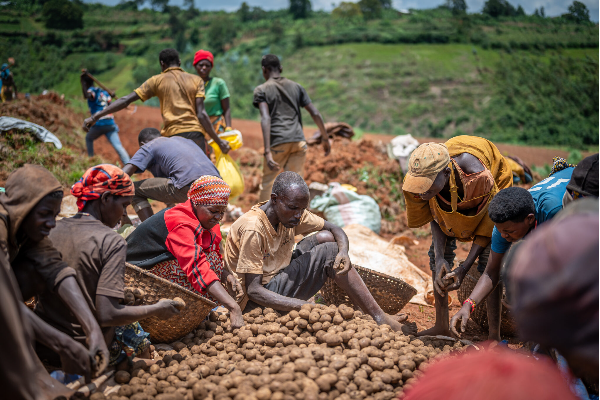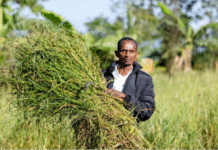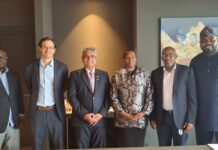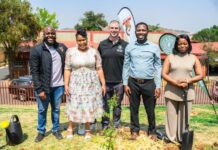In a move to shield rural households from the fallout of climate variability and health emergencies, Cordaid International has launched microinsurance programmes in Burundi.
Under its PADFIR (Project to Support the Development of Innovative Rural Finance) initiative, Cordaid is bundling agricultural, health, funeral, and savings coverages into affordable packages tailored for smallholder farmers.
According to Cordaid, most Burundians depend on subsistence or small-scale farming as their principal source of income. A single season of drought, flooding, or an illness in the family can wipe out their earnings overnight.
Faced with such shocks, many are forced to sell off livestock, tools, or other productive assets—pushing them deeper into poverty.
Risk-pooling at the community level
The microinsurance schemes are built from the ground up. Farmers form local groups, pool modest contributions (often scaled by farm size), and agree to transparent rules of compensation.
Two members in each group are tasked with daily rainfall measurements over the season; if rainfall deviates sharply from norms or flooding destroys crops, that data triggers compensation for eligible farmers.
“Now with agricultural insurance, we are sure that in case of loss due to climate change, we get compensation,” said Clémence Bucumi, one of the farmers participating in the programme.
By relying on community-driven monitoring and pooling risk at the grassroots, the model aims to remain low cost and accessible even in remote areas of the country.
Health, funeral cover and dignity
Beyond crop protection, the initiative also offers health insurance to help families access care before debt or illness devastate them.
Octavie Mushiranzigo, a beneficiary, told Cordaid: “Falling ill or seeing your child suffer is a weight you carry every day. With health insurance, we have more opportunities to access care.”
Funeral coverage is another critical pillar. When a young child died in one family, the insurer disbursed 200,000 Burundian francs (approximately 57 euros) to cover burial costs.
Jeanine Niyogusengwa, who suffered the loss, said: “Without any insurance… the burial will take away part of our savings.” She and her husband subsequently enrolled in both funeral and agricultural insurance.
Challenges and sustainability
Microinsurance is still nascent in Burundi, and the path ahead is not without hurdles. The schemes currently rely on funding through PADFIR, backed by the Embassy of the Netherlands in Burundi. According to Cordaid, sustaining these programmes requires ongoing technical and financial support.
Yet for many farmers, the new coverage offers a rare sense of security. As more families participate, the hope is that trust and membership will grow—helping the schemes become financially viable and expanding access to marginalized groups, especially women and youth.
In a country where one bad season can be catastrophic, Cordaid’s microinsurance innovation holds the potential to transform how rural communities manage risk—and to protect their futures against the unpredictable shocks ahead.









